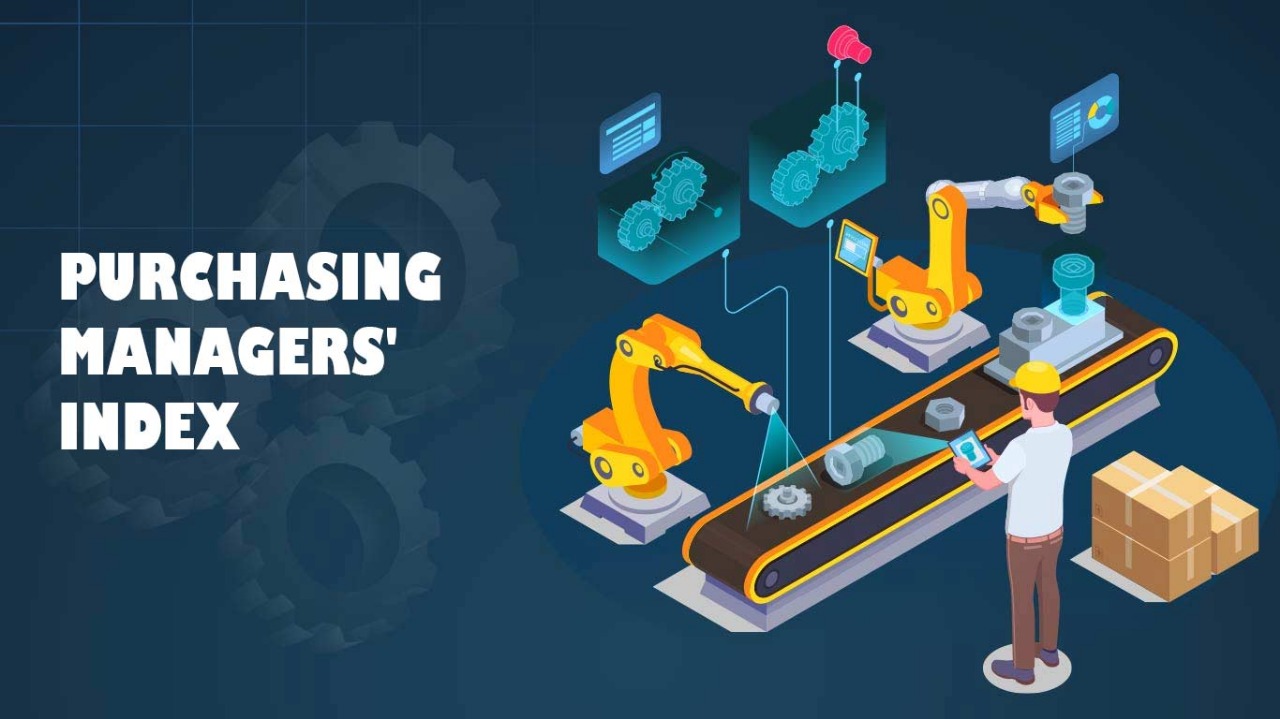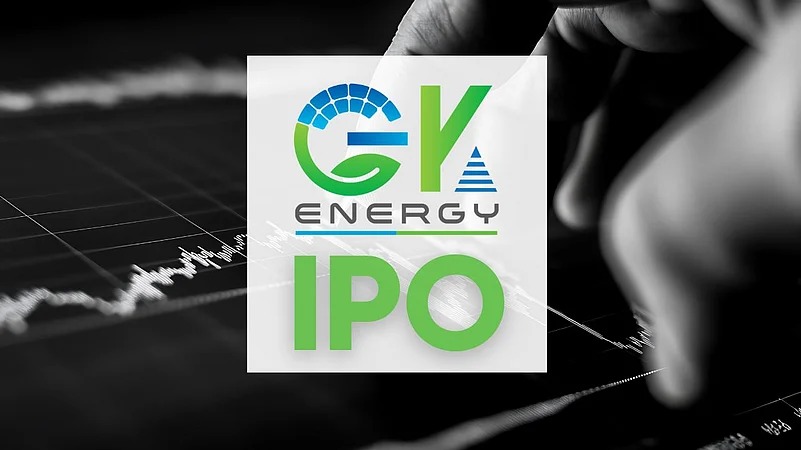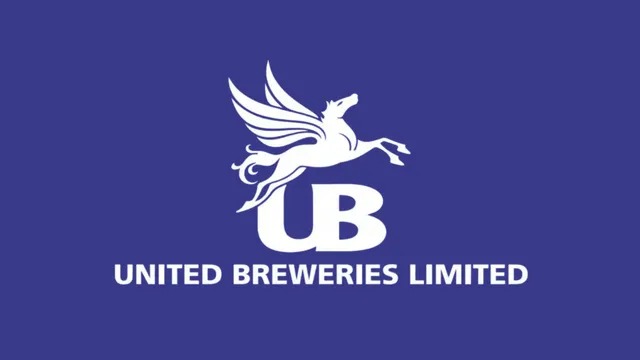 Image Source : KNN India
Image Source : KNN India
India’s private sector economic expansion moderated in September as reflected in the HSBC Purchasing Managers’ Index (PMI) flash estimates released recently. The services, composite, and manufacturing PMIs all recorded slight decreases compared to August, signaling a cooling momentum amid a high-growth environment. Despite the moderation, all PMIs remained in solid expansion territory above the 50-mark, reflecting continued growth propelled by robust domestic demand and sustained business confidence.
Key Takeaways From September Flash PMI
Services PMI dropped to 61.6 from 62.9 in August, showing slower yet strong expansion.
Composite PMI decreased to 61.9 from 63.2, indicating moderated but solid overall private sector growth.
Manufacturing PMI eased to 58.8 from 59.3, maintaining growth with a slight deceleration.
Employment metrics in services remained positive with continued hiring momentum.
Input cost inflation persisted, although output price increases showed signs of easing.
What PMI Reveals About Sectoral Dynamics
The services sector, a dominant driver of India’s economic activity, continued to expand albeit at a slower pace than the preceding month. New business inflows moderated, suggesting firms are adapting to changing market conditions and elevated cost pressures. Meanwhile, robust hiring activity persisted, reflecting confidence in medium-term demand prospects.
Manufacturing retained growth momentum, benefiting from healthy domestic and export demand, though at a tempered rate. The sector continues to face challenges including supply chain disruptions, commodity price fluctuation, and competitive pressures which contribute to the easing in expansion speed.
Composite PMI: A Broader Economic Indicator
The composite PMI, which combines manufacturing and services data, is a comprehensive gauge of private sector health. The reading of 61.9 signals that India’s overall business activity remains in a strong expansion phase despite the slowdown from August’s peak.
Business sentiment remains positive, supported by expectations of continued demand, government stimulus measures, and improving global trade conditions. However, companies remain vigilant to inflationary and competitive pressures that could impact profitability and investment decisions.
Inflation And Pricing Trends
Input prices across sectors continue to rise, driven by fuel, raw material, and labor cost inflation. This has kept cost pressures elevated for businesses, impacting margins in some cases. However, the pace of increase in output prices showed some moderation, suggesting companies are balancing pricing strategies to maintain competitiveness and market share.
This dynamic underscores the central bank’s careful approach toward inflation management while supporting economic growth through calibrated policy.
Outlook For The Indian Economy
The September PMI data represents a phase of consolidation following months of robust growth, with firms adjusting to evolving macroeconomic dynamics including monetary policy normalization and global uncertainties.
Investors and policymakers interpret the data as reaffirming India’s economic resilience but highlighting the need for continued reforms and stimulus support to sustain momentum. The focus remains on managing inflation, enhancing productivity, and fostering innovation to navigate potential headwinds.
Conclusion
India’s HSBC September flash PMI readings depict a maturing private sector expansion characterized by slower yet sustained growth across services, manufacturing, and overall composite indices. While moderation signals caution, strong underlying demand, continued employment growth, and stable business sentiment provide optimism for the near to medium term.
Sources: HSBC India PMI Report September 2025, S&P Global, Economic Times, Financial Market Analyses
Please get more news
Metal Momentum: Baheti Recycling Secures Rs 500 Million Order From ArcelorMittal Nippon Steel India
Advertisement
Advertisement








